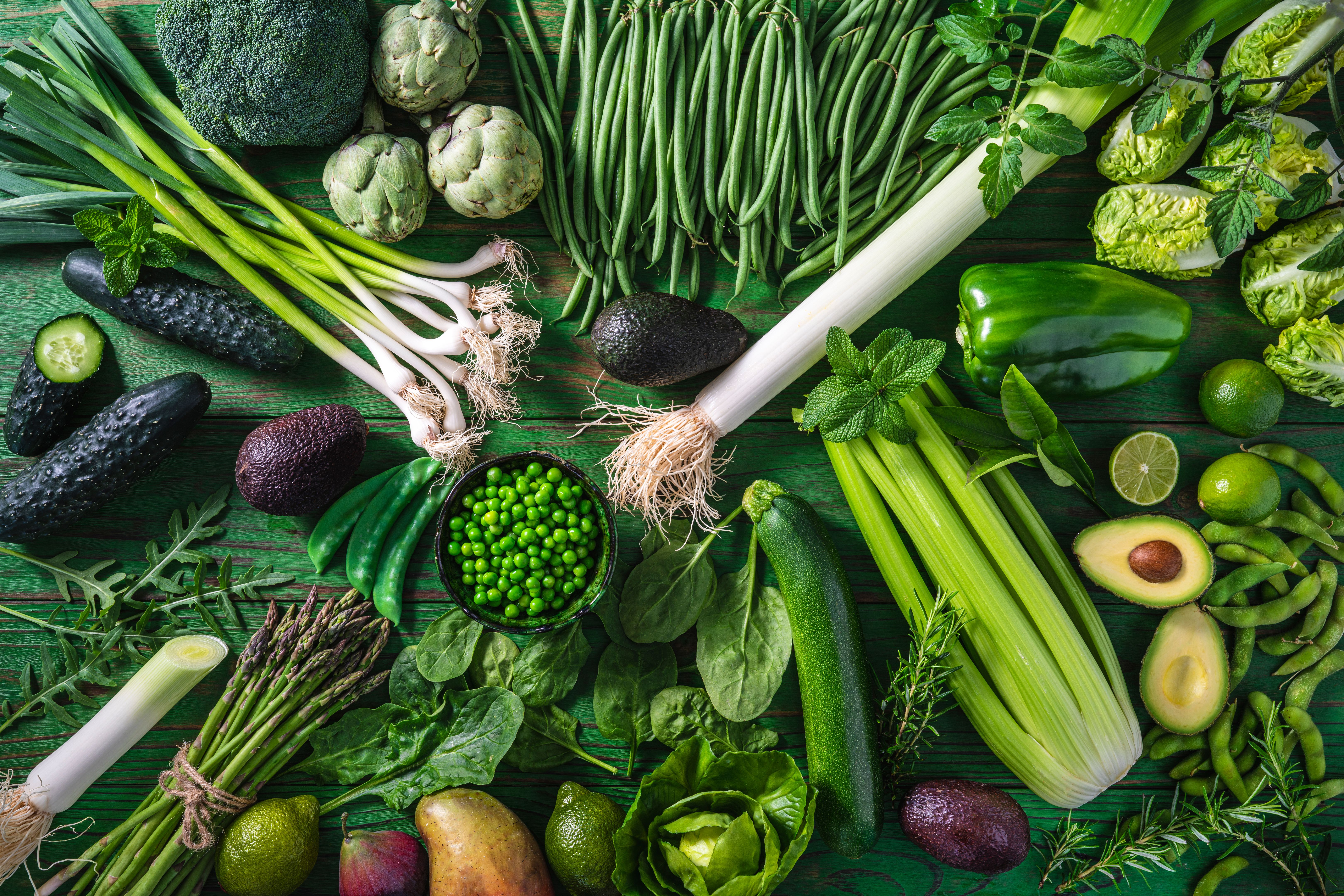The Benefits of Embracing Organic Food
Introduction to Organic Food
In recent years, the organic food movement has gained significant momentum, with more people turning towards natural and sustainably sourced produce. Organic food refers to products that are grown without the use of synthetic pesticides, fertilizers, or genetically modified organisms (GMOs). This shift in consumer preference is driven by a myriad of benefits that organic food offers, both for personal health and the environment.

Health Benefits of Organic Food
One of the primary reasons people opt for organic food is the potential health benefits. Organic produce is often richer in essential nutrients such as vitamins, minerals, and antioxidants compared to its conventionally grown counterparts. These nutrients are vital in boosting the immune system and reducing the risk of chronic diseases.
Moreover, organic food is free from harmful chemicals and additives. Consuming foods treated with pesticides and artificial preservatives can lead to various health issues over time. By choosing organic options, you can limit your exposure to these potentially harmful substances.
Improved Taste and Quality
Many people argue that organic foods, particularly fruits and vegetables, taste better. This is because they are allowed to grow at a natural pace, often resulting in a more robust flavor profile. Additionally, organic farming practices focus on soil health, which contributes to the superior quality and taste of the produce.

Environmental Impact
Embracing organic food is not only beneficial for personal health but also supports environmental sustainability. Organic farming practices promote biodiversity, improve soil health, and reduce pollution by avoiding synthetic chemicals. This leads to a healthier ecosystem and helps combat climate change.
Water Conservation
Organic farming also emphasizes water conservation techniques. By using natural methods like crop rotation and composting, these farms typically require less water compared to conventional ones. This efficient use of water resources is crucial in areas prone to drought or water scarcity.

Supporting Local Economies
Choosing organic food often means supporting local farmers and small businesses. Many organic products are sourced from local farms, which helps bolster community economies and ensures fresher produce. Buying locally also reduces the carbon footprint associated with transporting goods over long distances.
Additionally, investing in organic products encourages more farmers to adopt sustainable practices, thereby expanding the availability of organic options and fostering a healthier market overall.
Conclusion: Making the Switch
Transitioning to an organic lifestyle can be a rewarding decision for your health, the environment, and the economy. While it may sometimes come with a higher price tag, the benefits far outweigh the costs. By making informed choices about what we eat, we contribute to a more sustainable future for ourselves and generations to come.
